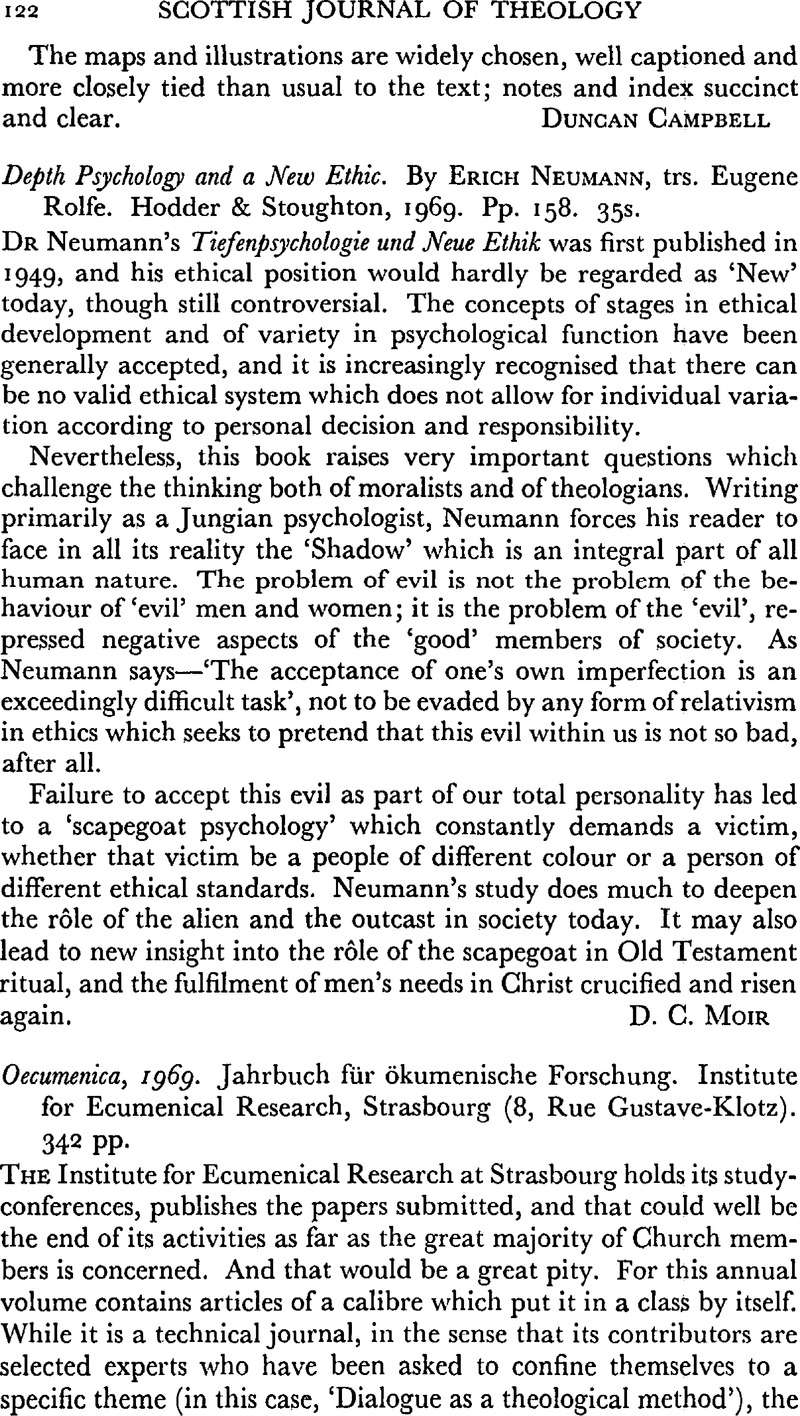pdf download Depth Psychology and a New Ethic read Depth Psychology and a New Ethic best seller Depth Psychology and a New Ethic Depth Psychology and a New Ethic txt Depth Psychology and a New Ethic pdf Depth Psychology and a New Ethic ebook Depth Psychology and a New Ethic csv Depth Psychology and a New Ethic doc Depth Psychology and a New Ethic excel reading Depth Psychology and a New Ethic Depth Psychology and a New Ethic full book
pdf download Depth Psychology and a New Ethic
read Depth Psychology and a New Ethic
best seller Depth Psychology and a New Ethic
Depth Psychology and a New Ethic txt
Depth Psychology and a New Ethic pdf
Depth Psychology and a New Ethic ebook
Depth Psychology and a New Ethic csv
Depth Psychology and a New Ethic doc
Depth Psychology and a New Ethic excel
reading Depth Psychology and a New Ethic
Depth Psychology and a New Ethic full book
Source: Wikipedia:
Erich Neumann (Hebrew: אריך נוימן; 23 January 1905 – 5 November 1960),[2] was a psychologist, philosopher, writer, and student of Carl Jung.
Career
Neumann was born in Berlin to a Jewish family.[1] He received his PhD in Philosophy from the University of Erlangen-Nuremberg in 1927 and then continued to study medicine at the University of Berlin, where he acquired his first degree in medicine in 1933. In 1934 Neumann and his wife Julia, who had been Zionists since they were teenagers, moved to Tel Aviv.[1] For many years, he regularly returned to Zürich, Switzerland to give lectures at the C. G. Jung Institute. He also lectured frequently in England, France and the Netherlands, and was a member of the International Association for Analytical Psychology and president of the Israel Association of Analytical Psychologists. He practiced analytical psychology in Tel Aviv from 1934 until his death from kidney cancer in 1960.[1]
Contributions
Neumann contributed to the field of developmental psychology and the psychology of consciousness and creativity. He had a theoretical and philosophical approach to analysis, contrasting with the more clinical concern in England and the United States. His most valuable contribution to psychology was the empirical concept of “centroversion”, a synthesis of extra- and introversion. However, he is best known for his theory of feminine development, a theory formulated in numerous publications, most notably The Great Mother.
His works also elucidate the way mythology throughout history reveals aspects of the development of consciousness that are parallel in both the individual and society as a whole.
Bibliography
–Tiefenpsychologie und neue Ethik. Rhein, Zürich 1949
–Ursprungsgeschichte des Bewusstseins. Mit einem Vorwort von C.G. Jung. Rascher, Zürich, 1949
–Amor und Psyche. 1952
–Umkreisung der Mitte. 3 Bde., 1953/54
–Die große Mutter. Der Archetyp des großen Weiblichen. Rhein, Zürich 1956
–Der schöpferische Mensch. 1959
–Die archetypische Welt Henry Moores. 1961, posthum veröffentlicht
–Krise und Erneuerung. 1961, posthum veröffentlicht
–Das Kind. Struktur und Dynamik der werdenden Persönlichkeit. 1963, posthum 1980 veröffentlicht
–Jacob et Esaü: L’archétype des frères ennemis, un symbole du judaïsme, posthum 2015. French traduction of Jacob and Esau. Reflection on the Brother Motif, (c) Chiron Publications.
Wikipedia: https://en.wikipedia.org/wiki/Erich_Neumann_(psychologist)
Jordan B. Peterson claims Neumann is one of the best analysts and distillers of Carl Jung’s works.
I really wanted to read this book…but there was (and still is) a problem.
I don’t have the necessary background to read it. I have not read a single book by Jung and have read very little in the way of analytical psychology.
So I ventured and…nothing happened.
I except hyper-specialized language plus many references to other works that were absolutely needed to understand the text. I excepted a dense, impenetrable, indescribable, eldrich labyrinth.
What I got instead was a short down to earth bo
I really wanted to read this book…but there was (and still is) a problem.
I don’t have the necessary background to read it. I have not read a single book by Jung and have read very little in the way of analytical psychology.
So I ventured and…nothing happened.
I except hyper-specialized language plus many references to other works that were absolutely needed to understand the text. I excepted a dense, impenetrable, indescribable, eldrich labyrinth.
What I got instead was a short down to earth book about ethics.
In order to understand this book, you have to a degree having lived it, or living it.
The problem of opposites, shadow and ego, good and evil, is something that is brought down from the heavens and down to earth. Is something that you experience daily.
I had this kind of insane struggle against my shadow, I didn’t want to give in. I wanted to strive for that perfection…but every day the situation became worse. “For how much can I resist?” was frequent though “I have to give in, I have. This is a living hell.”
And yet what would happen if I would give in? The same situation in reverse. Opposites can’t be completely disintegrated. I would have to strive toward reaching my ego again.
This book explains why this reasoning is wrong. It gives you a third and more healthy way of living.
On a side note I read that some people have not understood what the book was saying about the shadow and in bringing it to reality; I quote the book directly.
“Man learns more than simply to live on tolerable terms with himself; he must actually learn to live with his sin-though this, of course, must not be misunderstood as meaning to live “in” his sin.
Great book I will read it again in the future; when I will be better read in this field of stud
…more
Depth Psychology and a New Ethic
Details
The modern world has witnessed a dramatic breakthrough of the dark, negative forces of human nature. The “old ethic,” which pursued an illusory perfection by repressing the dark side, has lost its power to deal with contemporary problems. Erich Neumann was convinced that the deadliest peril now confronting humanity lay in the “scapegoat” psychology associated with the old ethic. We are in the grip of this psychology when we project our own dark shadow onto an individual or group identified as our “enemy,” failing to see it in ourselves. The only effective alternative to this dangerous shadow projection is shadow recognition, acknowledgement, and integration into the totality of the self. Wholeness, not perfection, is the goal of the new ethic.



